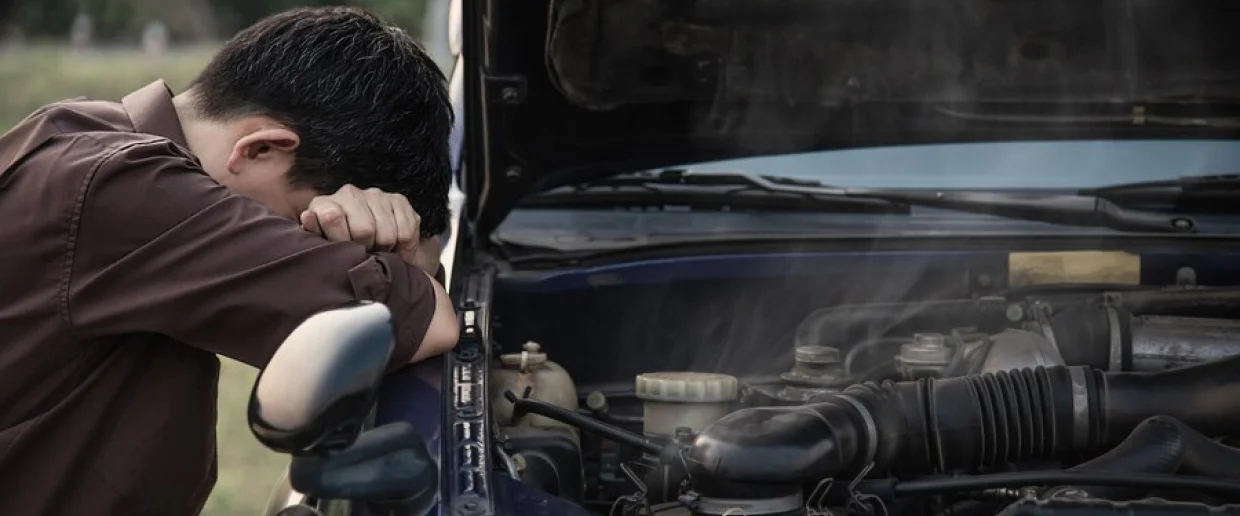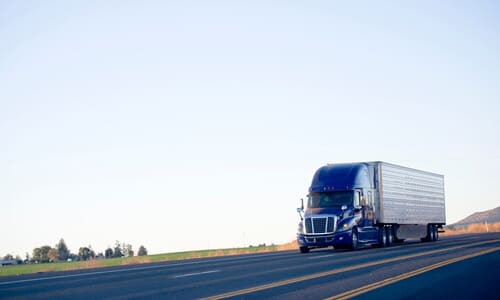

Factors including driver behavior, environmental conditions, vehicle conditions, and road infrastructure play critical roles in both the frequency and severity of these incidents. Among vehicular accidents, those involving trucks stand out due to their distinct complexities and the profound consequences they often entail.
Truck accidents, particularly, are characterized by a unique set of challenges that differentiate them significantly from other types of vehicular accidents. Given their considerable size and mass, trucks can cause significantly more damage than typical passenger cars in the event of a collision.
Moreover, the operational and regulatory landscape governing commercial trucks adds layers of complexity to both the prevention and aftermath of these accidents. From specialized driving skills and stringent maintenance requirements to comprehensive federal and state regulations, the world of trucking demands careful navigation to mitigate risks.
The consequences of truck accidents extend beyond immediate physical damage, often resulting in severe injuries or fatalities, substantial financial burdens, and complex legal proceedings. Understanding the intricacies of truck accidents is crucial for all road users, as well as those involved in the legal, insurance, and healthcare fields, to effectively address the aftermath of such incidents.
This introduction sets the stage for a deeper exploration of how truck accidents differ from other vehicular accidents, highlighting the need for specialized knowledge and strategies to manage their unique challenges.
Given the unique complexities and profound consequences associated with truck accidents, navigating the aftermath requires specialized expertise and guidance. If you or a loved one has been involved in a truck accident, it’s crucial to understand your rights and the legal avenues available to you.
Olson Personal Injury Lawyers is dedicated to providing the comprehensive support and expert legal representation needed in these challenging situations. Our truck accident law firm is well-versed in the intricacies of truck accident cases, ensuring that our clients receive the dedicated attention and advocacy necessary to navigate these complex proceedings.
For a deeper understanding of your legal options or to discuss the specifics of your case, we encourage you to reach out. Contact Olson Personal Injury Lawyers at (720) 730-4325 for a consultation, and let our expertise guide you through this difficult time, helping you secure the justice and compensation you deserve.
When comparing car accidents to truck accidents, several key differences emerge, primarily influenced by the scale and severity, liability and legal complexity, regulatory environment, and the investigation process. These distinctions are crucial for understanding the unique challenges posed by truck accidents and the implications for victims seeking compensation and justice.
The size and weight of commercial trucks significantly contribute to the scale and severity of accidents involving these vehicles. Trucks, especially semi-trucks and eighteen-wheelers, can weigh up to 15-25 times more than passenger cars.
In collisions, this disparity in size and mass often results in more severe damage to smaller vehicles and more serious injuries to their occupants. The physics of such impacts mean that truck accidents are more likely to result in catastrophic injuries, fatalities, and extensive property damage compared to typical car accidents.
Determining liability in truck accidents is inherently more complex than in car accidents. While car accidents often involve two or more individual drivers, truck accidents frequently implicate multiple parties, including the truck driver, trucking companies, cargo loaders, and vehicle manufacturers.
Each of these entities may share a portion of the liability, depending on the accident’s circumstances, such as failures in vehicle maintenance, improper cargo loading, or negligence in hiring practices. This multiplicity of potentially liable parties necessitates a thorough legal analysis to accurately attribute fault.
The commercial trucking industry is subject to a comprehensive set of federal and state regulations that do not apply to private passenger vehicles. These regulations, governed by bodies such as the Federal Motor Carrier Safety Administration (FMCSA), cover aspects including hours of service for drivers, vehicle maintenance standards, and cargo securement rules.
The regulatory environment influences liability and safety standards, making compliance a critical factor in both preventing accidents and determining fault in their aftermath. Understanding these regulations is essential for navigating truck accident claims.
Investigating truck accidents requires specialized expertise due to the complexity of the factors involved. Unlike car accidents, where local law enforcement may primarily document the scene, truck accidents often necessitate further analysis by experts in commercial trucking regulations, vehicle mechanics, and accident reconstruction.
The investigation process may involve reviewing digital data from the truck’s electronic logging device (ELD), analyzing maintenance records, and interpreting complex accident scenes. This level of detailed investigation is crucial for building a comprehensive understanding of the accident, contributing significantly to the determination of liability.
The distinctions between car accidents and truck accidents underscore the need for specialized knowledge and experience in handling the latter. The scale of damage, legal complexities, regulatory considerations, and investigative requirements all point to the importance of expert legal representation for victims of truck accidents to effectively navigate these challenges.
Truck accidents, while sharing some commonalities with car accidents, are often precipitated by a distinct set of factors that reflect the unique operational and regulatory contexts of commercial trucking. Understanding these causes is crucial for addressing the underlying issues and implementing effective preventive measures.
While some causes of accidents, such as distracted driving and impairment due to alcohol or drugs, are common to both trucks and cars, the operational and regulatory differences between personal and commercial vehicles bring additional factors into play for trucks. For instance:
Understanding the common causes of truck accidents and how they differ from those of car accidents provides essential insights into both prevention strategies and the complexities involved in investigating and litigating these incidents. For victims of truck accidents, this knowledge underscores the importance of seeking experienced legal representation familiar with the unique aspects of commercial trucking operations and regulations.
Truck accidents stand apart from other vehicular accidents due to their unique complexities and the severe impact they often have on victims. The key distinctions—ranging from the scale and severity of damage and injuries to the intricate legal and regulatory landscape governing commercial trucking—underscore the challenges faced in the aftermath of such incidents.
These accidents are not only characterized by their potential to cause significant harm but also by the complex web of liability and the specialized investigative processes required to untangle the facts.
The operational differences between commercial trucks and passenger vehicles, coupled with the specific federal and state regulations that apply to trucking, make navigating truck accident claims a highly specialized field. Understanding the common causes of truck accidents, including driver fatigue, mechanical failures, and improper loading, and how these factors compare with those in car accidents is crucial for anyone involved in or affected by a truck accident.
For victims of truck accidents in the Rocky Mountains and beyond, the importance of specialized legal assistance cannot be overstated. Navigating the aftermath of such an accident, from dealing with insurance companies to securing just compensation, demands an experienced hand.
The complexities inherent in these cases require not only a deep understanding of the law but also an ability to effectively investigate and argue these cases in court or settlement negotiations.
If you or someone you know has been involved in a truck accident, it’s essential to seek out legal representation that is well-versed in the unique challenges these accidents present. Olson Personal Injury Lawyers offers the expertise and dedication needed to navigate these complex cases and achieve a favorable outcome for truck accident victims.
With a thorough understanding of both the legal and operational aspects of truck accidents, our team is prepared to advocate on your behalf.
For a consultation and to learn more about how we can assist you, contact Olson Personal Injury Lawyers at (720) 730-4325. Let our experience in handling truck accident cases be your guide and support in seeking the justice and compensation you deserve.
In conclusion, truck accidents can be overwhelming, but with the right legal support, you can navigate through the complexities and emerge stronger. At Olson Personal Injury Lawyers, we're here to guide you every step of the way towards justice and rightful compensation.